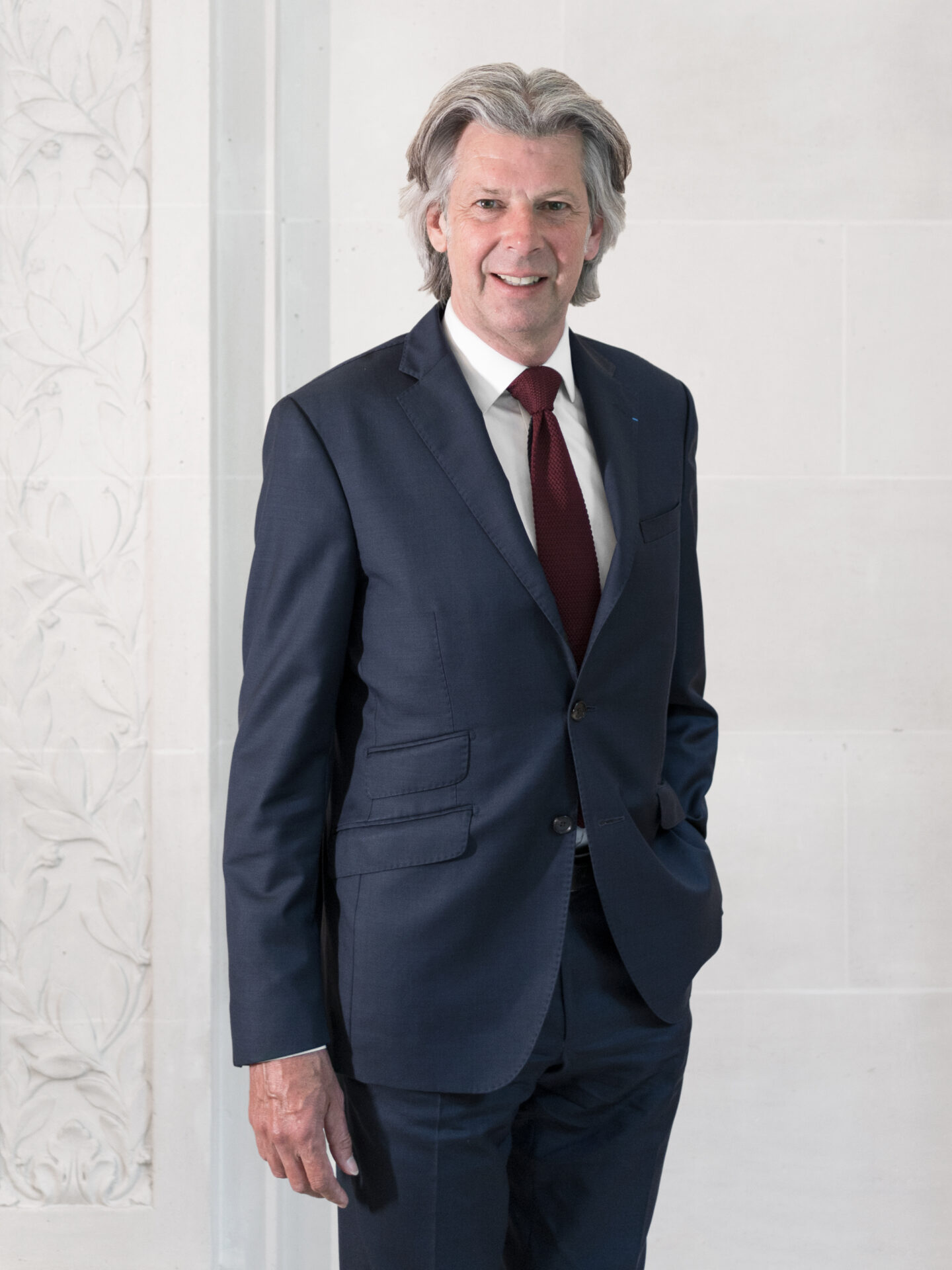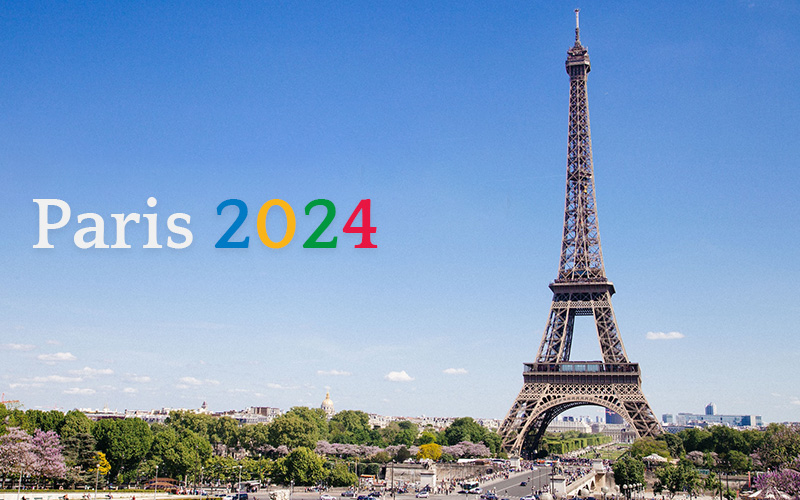By Jean-Baptiste Guillot, Partner and Virginie molho, Counsel
LAW RELATING TO THE 2024 OLYMPIC AND PARALYMPIC GAMES: A NEW LAW OF EXCEPTION FOR AN OUTSANTDING EVENT
Law n°2023-380 of May 19, 2023, relating to the 2024 Olympic and Paralympic Games and bearing various other provisions: a new law of exception for a particularly exceptional event.
Hosting the Olympic and Paralympic Games in Paris in 2024 is a major sporting event. The law of May 19, 2023, which complements law no. 2018-202 of March 26, 2018, is therefore a law of exception with an exceptional allure.
It should be remembered that the organization of sporting events in France, such as the European Football Championship in 2016, the Women's World Cup in 2019 and the Rugby World Cup in 2023, has always required legislative changes (cf. Law n°2011-617 of June 1, 2011 designed to facilitate the financing of stadium construction and renovation projects, Decrees n°2019-350 of April 23, 2019 and n°2022-1626 of December 22, 2022 applying article L.211-11-1 of the Internal Security Code to the Women's Football World Cup and the Rugby World Cup).
But never before has a law attracted as much attention as that of May 19, 2023, which draws its originality from a controversial modernity through the use of intelligent video surveillance, placed at the service of security.
Since the coming into effect of the Ministry of the Interior's Law of Orientation and Programming on January 26, 2023, it is indisputable that upgrading and modernizing the Ministry to adapt to the new security challenges requires a digital revolution. This new Olympic law is therefore part of this project, enabling the unprecedented experimentation of data processing by "augmented" video protection cameras, which consists of algorithmic processing designed to detect in real time and report certain predetermined events likely to present or reveal risks of acts of terrorism or serious personal security breaches.
Although this innovative aspect is widely considered to be beneficial to the country's security, in the context of an exceptional event such as the Olympic and Paralympic Games, some (such as the Commission Nationale de l'Informatique et des Libertés (CNIL)) consider that this law is likely to infringe on our individual freedoms and leaves the door open to the widespread use of these techniques in the future. In its decision no. 2023-850 DC of May 17, 2023, the French Constitutional Council ruled that the provisions of the law concerning the use of these intelligent cameras were compatible with the Constitution, pointing out in particular that algorithmic processing of the images thus collected is authorized until March 31, 2025, and may only be implemented for the sole purpose of ensuring the security of sporting, recreational or cultural events. Due to their outreach, these events are particularly exposed to the risk of acts of terrorism or serious harm to personal safety.
Facial recognition techniques remain prohibited, and the public must be informed in advance of the use of algorithmic processing of images collected by authorized video protection systems or cameras installed on drones.
For the first time, technical progress is thus recognized as a necessary tool for the smooth running of large-scale events such as the Olympic and Paralympic Games, giving Law no. 2023-380 of May 19, 2023, an entirely innovative look.

Jean-Baptiste Guillot
Partner
Jean-Baptiste Guillot handles mergers and acquisitions, strategic partnerships, commercial law, company law and contract law matters, with a particular focus on international transactions for Canadian, British and French companies.

Virginie molho
Counsel
Virginie has acquired a solid expertise in sports law allowing her to support players in the sports industry in all types of legal issues in commercial law, company law, association law and social law applied to sport.





